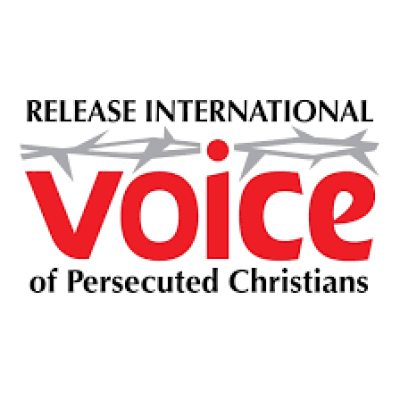Over the past two decades, Christians in areas of northern and central Nigeria have endured horrendous violent persecution at the hands of various militant Islamist groups.
In that time, thousands of Christians have been killed and many more displaced – the latter frequently ending up in what are referred to as Internally Displaced Persons (IDP) camps. Churches, homes and other properties have been destroyed.
Christian leaders in Nigeria have repeatedly spoken of observing a clear agenda to drive out or eradicate Christians in order to Islamise the nation.
Nigeria, which has the largest population on the African continent, is a federal republic and is constitutionally a secular state with freedom of religion. Nevertheless, since 1999, 12 states in the north of the country have introduced some form of sharia law.
Atrocities against Christian communities have tended to come from two groups: Boko Haram in the north and Islamist Fulani herdsmen across the entire central belt of the country. The former is an organisation established in the north-eastern state of Borno in 2002. Both groups have, over the years, been reported as being heavily armed – often with military-grade weaponry.
In recent years, kidnapping of Christian pastors with ensuing ransom demands has also become a tactic of the Islamists, as has the attacking of schools and abducting of children. In April 2014, the abduction of 276 schoolgirls from Chibok in Borno State was the first case of such mass kidnapping and gained global media attention. Although many have been released, more than a hundred are reported as still missing. Girls who are abducted in such raids are often forcibly married off to Muslim men.
On 19 February 2018, members of Islamic State West Africa Province (which evolved out of Boko Haram) attacked the Government Girls’ Science and Technical College in Dapchi, in Yobe state. According to reports, the militants killed five girls in the attack. Although 104 girls were returned to their families the following month, the Islamists held 14-year-old Leah Sharibu. It is believed that Leah refused their demands to convert to Islam. ISWAP has declared publicly that they intend to keep Leah as “a slave for life”.
Release International’s ministry to love and serve persecuted Christians around the world has seen the establishment of two partnerships in Nigeria: one working largely reactively to care for those who have suffered violent attack (and working in the political realm to address the violence), the other developing proactive strategies to take the gospel back to areas ravaged by Islamists.
Release International staff have visited Nigeria and have seen, first hand, the results of Islamist atrocities committed against Christian pastors, churches and communities. Our staff have met those who have been traumatised; those who have lost husbands, wives, parents or children; and those who have been forced to flee in the face of ongoing hostility.
In the latter case, we have visited those living on IDP camps, where our in-country partner has sought to care for them and to provide basic life-sustaining needs.
One such man was Linus, originally from Pulka, near Gwoza, in Borno State. “Boko Haram members came to where we lived. They said they don’t want to see any Christians in the community.” Even before then, they had denied Christians job opportunities, particularly in local government. “They took our farmland by force.” In August of 2014, they attacked. “They killed five of my neighbours,” Linus said. “They said, ‘If Jesus Christ can save you, let him save you.’” Linus and others fled over the border to Cameroon. “It was the only way to escape. In one district they killed 15 men in one day. It was terrible. I didn’t expect to survive. Only God saved us.” He later returned and went to an IDP camp near Jos, in Plateau State.
This year, Islamist violence against Christians has continued unabated. After an explosion that killed six Christians and wounded more than a dozen others at a Christian-owned market in Taraba state on 19 April, Islamic State West Africa Province released a statement admitting that it had detonated the explosive at “a gathering of infidel Christians”, according to local reports.
A week later, militant Fulani herdsmen were among those who attacked four villages in northern Kaduna state, killing 18 Christians and burning down 92 houses, it was reported. Kaduna has witnessed horrific violence against Christians in the last few months.
And there was a chilling warning from a Release International partner in Nigeria earlier this year: “2022 is a political campaign year and from past antecedents, attacks by Boko Haram and Fulani militants have increased at these periods. They see that the security agencies are unable to contain them.”



